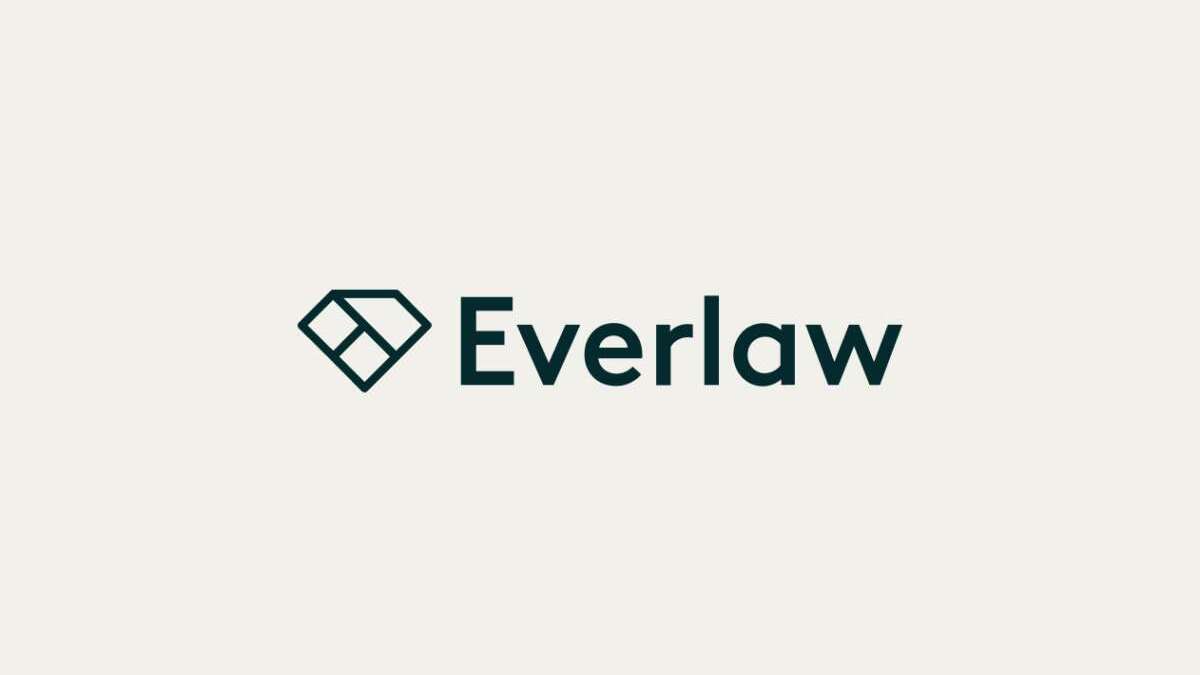Allensworth Helps Drive Growth With the Next Generation of Legal Technology
by Justin Smith
If everything’s bigger in Texas, Austin might be gargantuan. Aside from being the state capital, it’s become a hub for tech companies, electric vehicle manufacturers, podcasters, and enough other ventures that headlines have questioned its place as “Silicon Valley 2.0”.
Allensworth is an Austin-based firm with a specialization in nuanced, litigation-heavy construction matters that positions their attorneys squarely at the forefront of a changing city and state that requires construction in ways it hasn’t seen before.
With a commitment to delivering for their clients on time, cost, and quality, and training their team in modern ediscovery technology, Allensworth turned to Everlaw to help them take a step forward. As a platform that can handle simple tasks like deduplication, process complex file types like CAD files, and utilize cutting-edge tools like generative AI, Everlaw fit perfectly into the adaptable, shape-shifting ediscovery platform that could complement Allensworth’s attorneys.
As Allensworth partner Tyler O’Halloran put it, “What I've seen with Everlaw within our group is that it doesn't take a whole lot of effort, even for lawyers who have never had a single experience with ediscovery software. It doesn't take long for them to get the hang of it.”
 Play this video on Vimeo
Play this video on Vimeo
Constructing the Next Generation of Legal Technology
Allensworth is a construction law firm to its core. From owners to design professionals to contractors, their attorneys deal with matters spanning the entire industry. Due to the diverse problem sets and increased potential for litigation in construction, there’s often a massive amount of data that comes with any new case, and a massive amount of duplication that exists within it.
The reality of modern legal practice means the majority of the discovery process occurs in a digital environment. Lawyers are searching emails, text messages, and video calls to find evidence, with potentially millions of data points to comb through. It takes a new generation of technologically-minded attorneys to carry out this work.
“For construction litigation, a forefront concern of mine is paying to manage duplicate data,” O’Halloran said. He laid out an example of a dispute between an architect and engineer, in which each side has to gather and produce the same project files.
“The project file is going to be things that are exchanged during the project,” O’Halloran continued. “They're shared and ‘produced’ anyways. We're essentially taking that out of a centralized system already because it normally lives online. We're copying it, then we're running a production of it so you've got two copies of it. Then you're going to ingest two more copies of it from the other party. You're paying money for all of that.”
“How do we do that more efficiently? I think the potential for using software like Everlaw is for it to act as an independent host of all that data, and not worry about things like everyone having a separate Bates number of the exact same document. I think there's a lot of room for improvement in how construction litigators approach that problem.”
The cost of producing that duplicate data is passed directly onto clients, who are already bearing the substantial financial burden of litigation. Tools like deduplication cut through unnecessary data and documents so attorneys don’t waste time reviewing them, and clients don’t get charged for that extra time. These are the types of cost savings an ediscovery platform like Everlaw can help provide on day one.
A Duty of Care for Clients
What Allensworth means by looking out for their clients also extends to using the most suitable tools to provide maximum benefits. In today’s legal landscape, that means moving toward generative AI.
“Generative AI makes things more efficient and it will make our jobs easier,” O’Halloran said. “Inevitably, that means clients will pay less to resolve their disputes than they do currently. That's all that lawyers should care about. If our job is to provide the best legal services we can for our clients, we have to learn it, we have to master it, and we have to be excellent shepherds of our clients' funds as opposed to just passable.”
The EverlawAI Assistant specifically is already helping cut down on legal costs by summarizing key documents, drafting case narratives through Everlaw’s Storybuilder tool, answering open-ended questions with citations, and more, performing in minutes what once took attorneys days or weeks to complete. Firms like Allensworth see this direct benefit for their clients, and know they have a responsibility to utilize it.
Getting to the Truth, Faster
The job of lawyers is to uncover the truth. Ediscovery software, generative AI, and other means are merely tools to help accomplish that. With Everlaw, which you can use on the go no matter where you are, that job of uncovering the truth becomes even more possible.
“It's like having a cheat sheet during a test,” O’Halloran said. “All you have to do is open up your device and you can get the right answer and prove someone objectively wrong in seconds. When you're sitting in a deposition, and you can answer a question on the fly about a two-terabyte project file that no one else in the room can because they're all sitting there with binders and pre-prepared notes, it's incredibly valuable.”
Getting to the truth is at the heart of the legal system, and the aim of every lawyer setting foot in a courtroom. The technological tools that can help achieve that aim are quickly becoming invaluable to the legal practice, and to the attorneys who rely on them.
“Our job is to tell the story truthfully and factually,” O’Halloran said. “I really view Everlaw as a truth-telling device.”

Justin Smith is a Senior Content Marketing Manager at Everlaw. He focuses on the ways AI is transforming the practice of law, the future of ediscovery, and how legal teams are adapting to a rapidly changing industry. See more articles from this author.